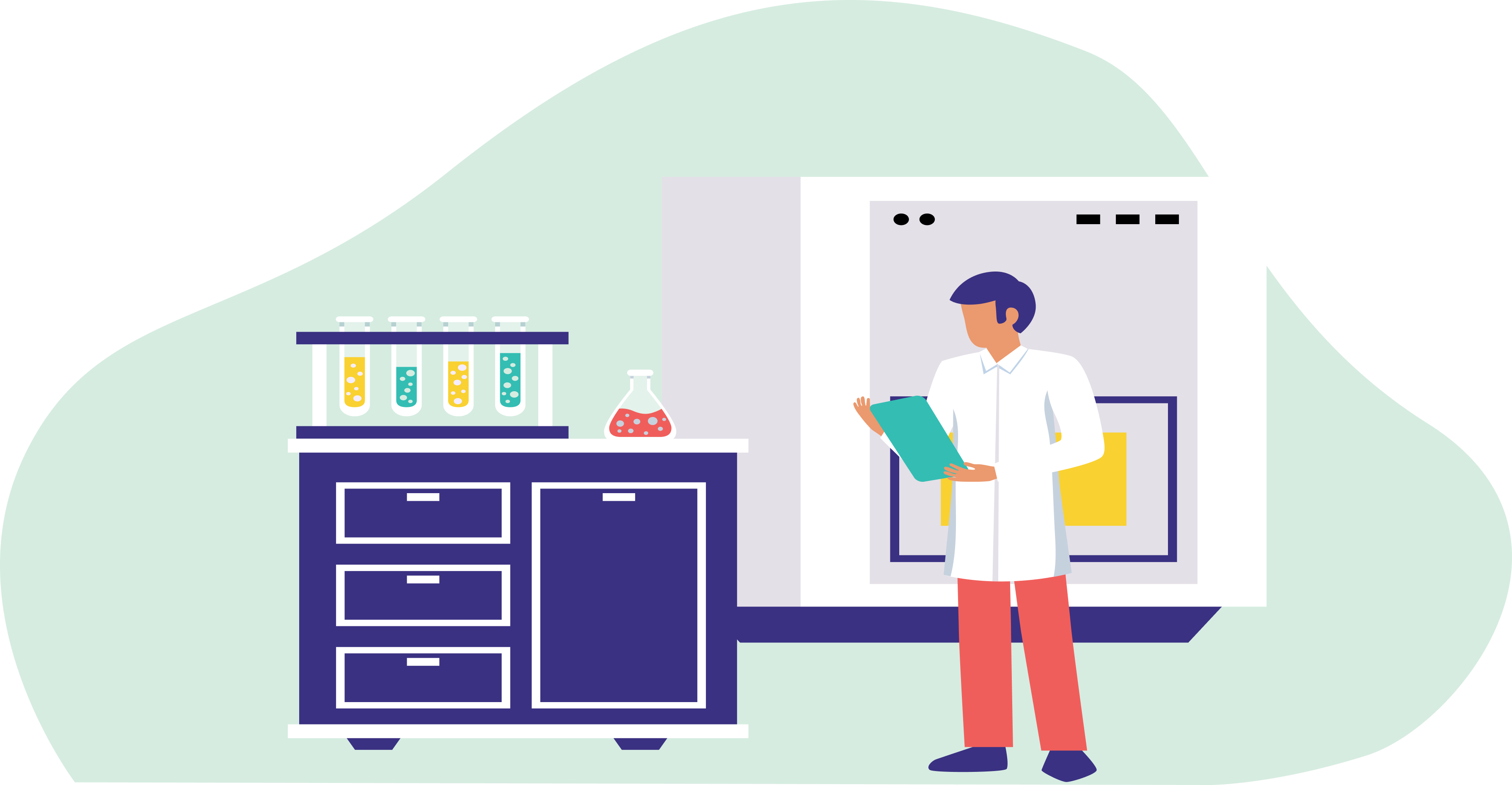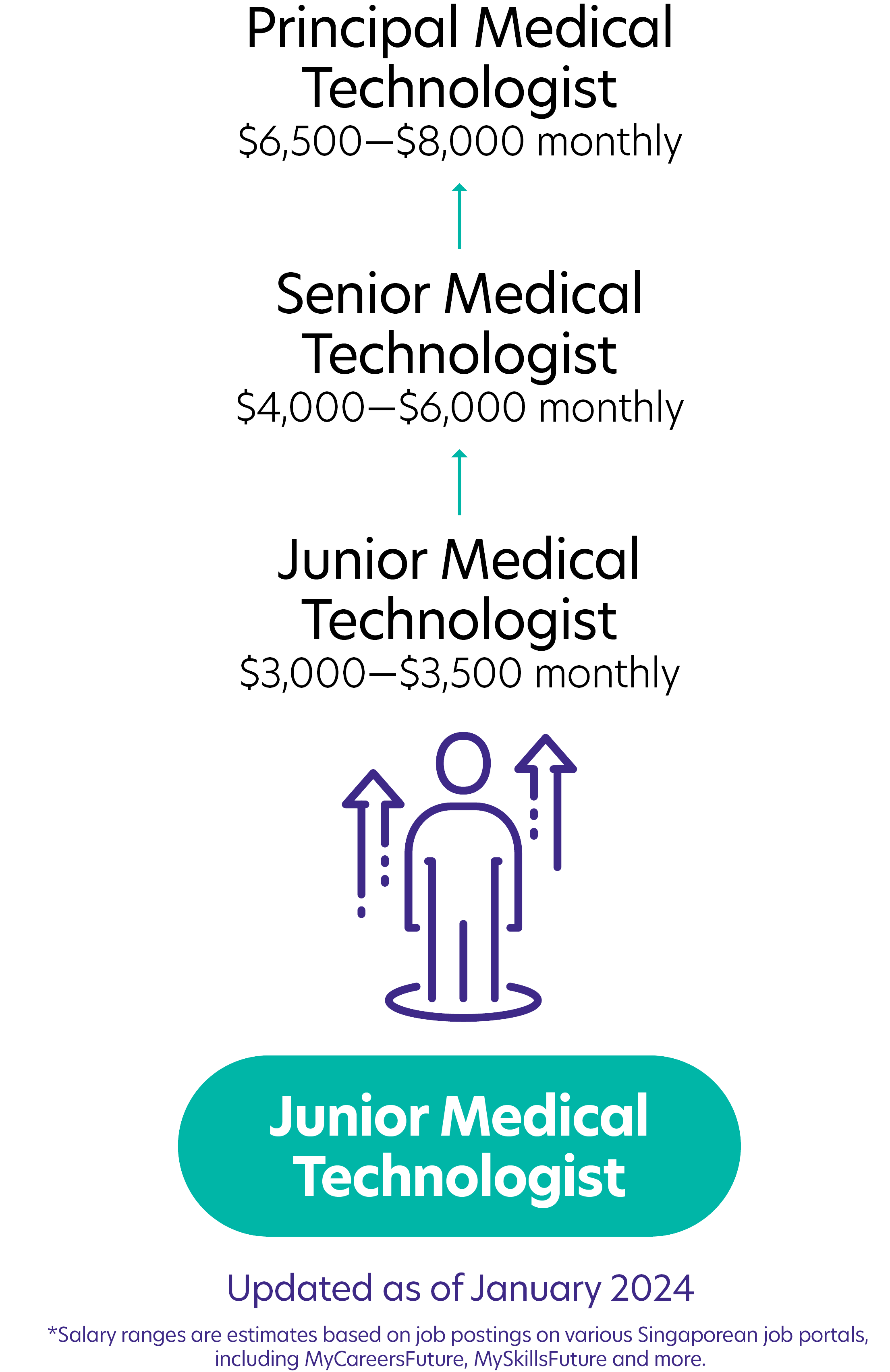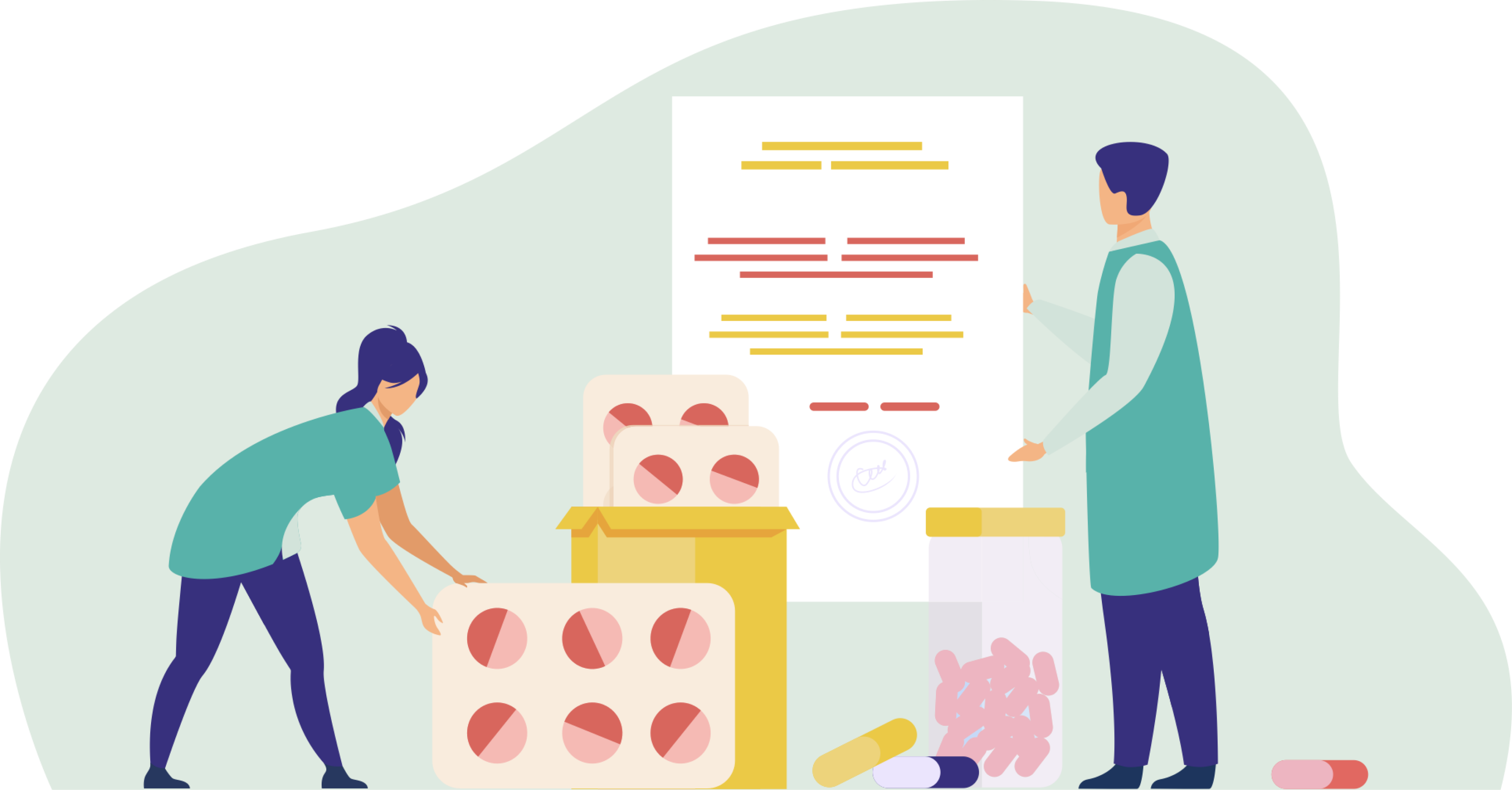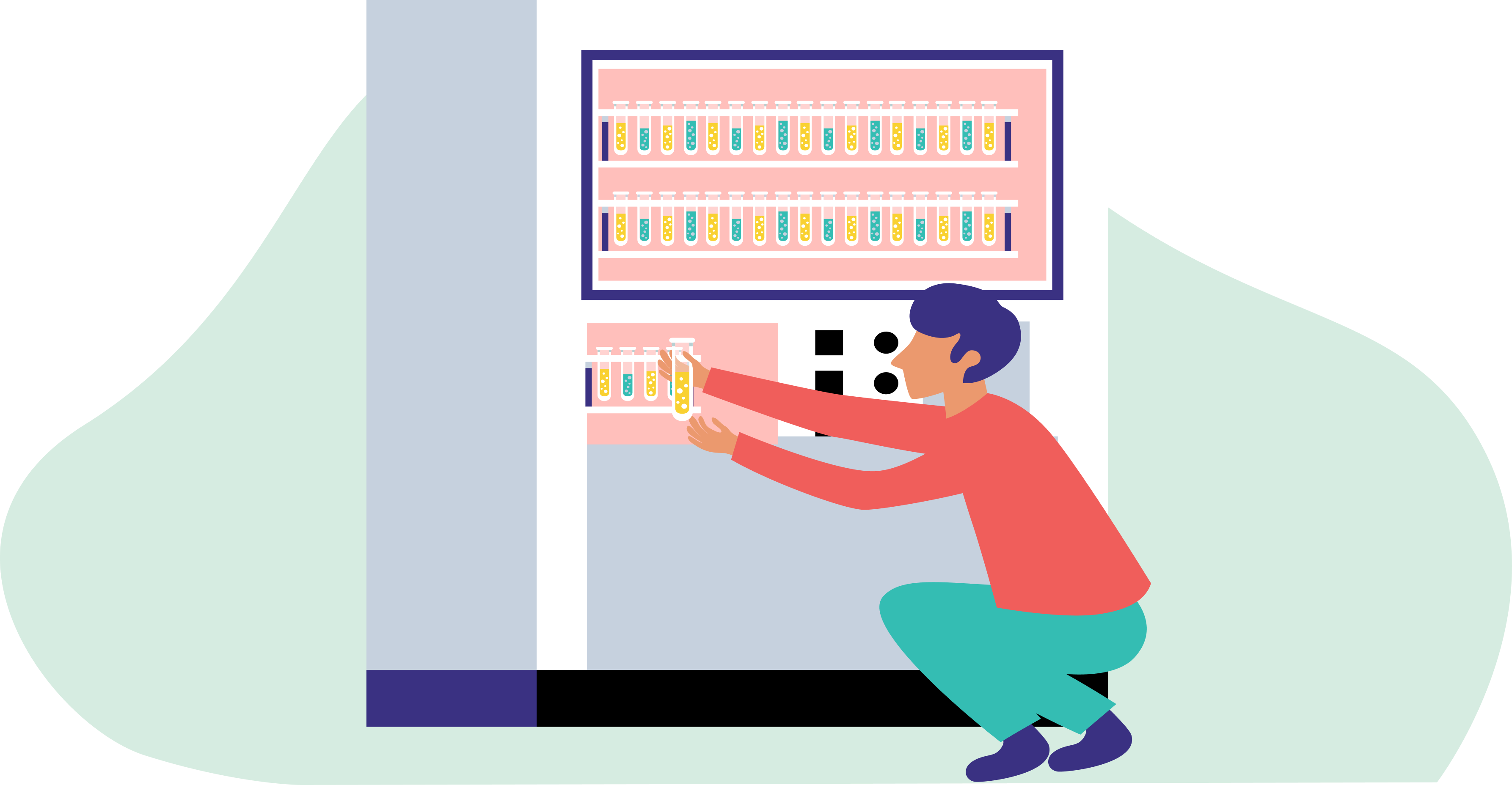
Medical and Clinical Laboratory Technicians prepare and test specimens such as body tissues and other substances. They also set up equipment for laboratory experiments.
Medical and Clinical Laboratory Technician Job Description
- Run reports for doctors to assist in their diagnosis of the disease.
- Prepare and meticulously process specimens for experiments.
- Maintain good housekeeping and equipment such as microscopes in the laboratory.
- Supervise Laboratory Assistants, delegating tasks and ensuring adherence to protocols in the laboratory.
- Maintain inventory stock of laboratory supplies and chemicals to prevent disruptions in testing procedures.
Note
Medical and Clinical Laboratory Technicians are also known as Medical Technologists. They played an important role in analysing COVID-19 swab tests!
What you should know about Medical and Clinical Laboratory Technician jobs in Singapore
Nature of Work
You will be working closely with Doctors doing diagnostic tests for patients. You must be precise and accurate throughout the testing process.Key Advice
It will be great if you are comfortable with the sight of blood as you will be constantly handling specimens to test and diagnose.-
Entry RequirementsEntry Requirements
- Minimally a higher Nitec in a Biotechnology-related field is required.
- It is essential to have practical experience in laboratory procedures, sample analysis and operating lab equipment through internships or on-the-job training.
- Being accurate and paying attention to details is important to ensure that samples are being studied or handled properly.
-
Possible PathwayPossible Pathway

Skills you need to pursue a Medical and Clinical Laboratory Technician career in Singapore
Laboratory Management
Efficiently organising and supervising laboratory operations, ensuring everything functions correctly.Quality Control
Rigorously testing and validating lab equipment and processes to ensure accurate, reliable results.Sample Processing
Proficiently handling and analysing biological samples, including preparation, testing, and data recording.Communication
Clearly and effectively exchanging information with colleagues and patients, both verbally and in writing.Problem-Solving
Identifying, analysing, and finding solutions for unexpected issues or challenges in the laboratory setting.Attention to Detail
Meticulously conducting tests, recording data, and maintaining equipment accuracy and reliability.Related Job Roles
Explore Other Programmes
Browse AllYou have bookmarked your first item!
Find it in My Discoveries with insights on your interests!










